|
Every day we have an opportunity to add value to the world. In the Communication Leadership Program, we encourage our students to combine passion with skill to become a force for positive change in our communities. We have the power to grow the world we want by connecting with people, engaging in meaningful, ethical, and respectful ways, building stronger relationships, and encouraging others to do the same.
Ruha Benjamin, author of Viral Justice: How We Grow the World We Want, is asking us to rethink the importance of these small, individual actions. Her talk at Town Hall on October 17th (co-sponsored by our master’s program) focused on the seemingly insignificant decisions that can spread “viral justice.” Ruha described viral justice as a way to redistribute resources to overcome inequalities and to create communities of care that support our needs. Injustice affects us all. We need to look at ourselves and individually confront how we participate in systems that are unjust. We must question the narrative that has been handed down to us and collaborate with others to “seed a different world.” Ruha brought to light people who are doing seemingly small actions with life-changing impacts. She spoke about Ron Findley, the “Gangsta Gardener” who is turning empty plots and right-of-ways into thriving community gardens in his neighborhood of South-Central Los Angeles. And Christopher Emdin, who is using hip hop culture and music to revolutionize how kids learn about the beauty and wonders of science through #HipHopEd. Ruha is showing us that pairing knowledge and creativity with togetherness generates amazing results. We must remember that small changes can add up to large differences that transform our communities and relationships. World-building is messy work. We need to find a plot in our own backyard, get our hands dirty, and water what we want to grow to build a more just and joyful world.
0 Comments
Savoring a latte in a coffee shop for the first time in years, I feel nervous, and not in that excited way when good change is coming, but rather in a doom spiral way of knowing that the next covid variant is already knocking on the door.
I must dig in to these rare moments. The smell of hot coffee when I strolled through the door, appreciation for the barista’s lovely foam art, and the pleasant chatter of friends and neighbors at the tables around me. Everyone in this room has shared in loss. Loss can be small, like keys falling through a hole in a jacket pocket, or accidentally killing a favorite plant. Loss can also be monumental, such as losing a parent or a life partner. No one has been spared, in life or in this pandemic, and yet here we all are, enjoying the company of others, unmasked, inside a café, on a cloudy Seattle Sunday. Over a decade ago I lost my father Harlan, to cancer. I was a daddy’s girl. When I was a little thing, I’d feign falling asleep in the backseat of our wood-paneled station wagon so my dad would pick me up and carry me to bed. Whenever we walked outside at night, he’d pause, take a moment, look up, and point out the Big and Little Dipper (Ursa Major and Minor as I now know.) He gave me my love of the outdoors, of camping and hiking, of lighting fires with wet wood on cold nights in the Rocky Mountains. I can still see him mowing the lawn in summer in his 1970’s coach shorts with his black trouser socks pulled up to his knees. Watching him die was heart wrenching and life-shattering. That kind of grief never goes away, but I know he loved me, and the memories I have of him will always outshine the sorrow and longing I feel at his being gone. Longing for him has brought me closer to others, as loss often does. My best friend Monica and I shared in our grief when she lost her mother to cancer shortly after we met. It was hard to listen to her processing her feelings, but I learned to be a pillar for her. We laughed, cried, and shared stories about our parents, talked each other through the rough patches. Solace can be found in sharing your experiences of grief with others. No one is alone. The last time I saw my Scottish father-in-law, Allan, he plied me with my favorite scotch, beat me mercilessly at cribbage, took lots of naps sitting upright on the couch, and hugged me every chance he got. Allan recently passed away at the age of 87. It was sudden, though not wholly unexpected. His wake was held at the Carnoustie Golf Club, Allan’s home away from home for over fifty years. Surrounded by tartan carpet, I received hug after hug from drink wielding relatives and friends of Allan, many of whom I’d never met. I enjoyed listening as everyone shared funny and sweet stories, laughing through tears, munching on cold cut sandwiches. It wasn’t an overwhelming grief, having only known him for the last years of his life, but I could recognize the depths of emotion in my mother-in-law Jenny while we gripped hands during the funeral service. I can’t pretend to know how she was feeling, having lost a partner with whom she’d shared her life. My partner Jon and I had a terrific life with Vincent, a bear rug of a German Shepherd with a long tail and big brown eyes. For years, Vincent greeted me bedside first thing every morning, and he had a funny habit of laying in the middle of the room, so we always had to step over him. This year, in a steep and unforeseen decline, Vincent lost the use of his hind legs. Despite and because of our love for him, Jon and I decided to have him put down in our home. Losing Vincent was like having a gaping hole break open in our life, but our devotion didn’t end there. We recently adopted Peabody, a big derpy Texas sized Boston Terrier with a squishy face. Loss is funny that way, it wrenches your heart open, but it can make space for more love if you let it. Loss approaches me differently every day - in memory, connection, friendship, sacrifice, and love. I try to be mindful of this when I’m out in the world, how each of us is wrestling with our own collections of grief, particularly during this time of covid. I do my best to recognize the kindness I can bring to any situation – opening the door for someone, smiling, saying hello, talking to the dog in a funny voice. We are all in this one life together.
|
| To say that designating groups by color is what prevents us from becoming a racially equal society is misguided - to put it nicely. To be blunt, it is exactly the reaction one would expect from white people who are upholding systemic racism as artists, illustrators, and unfortunately, as instructors, such as the woman I've interrupted above. |
The idea of a color blind society, while well intentioned, leaves people without the language to discuss race and examine their own bias. |
I will not be undertaking this journey in a void. Before I even commented on the post above, I armed myself by doing research on my opinions. Yes, I know and understand colorblindness is ill-intentioned, but what can I say that might possibly resonate? And I'll be clear here, the words that I used were not my own, and I did not give credit. So, let me give credit where credit is due - thank you Samantha Vincenty (and whomever her research led her to) and Oprah Magazine for the words to help me on my journey. Eventually, I'll be able to tackle these situations using the new language I continue to learn from such encounters.
Colorblindness denies the lived experiences of other people. |
The persistence of racial disparities in education, health, wealth, poverty, and incarceration supports the notion that we live in racially hierarchical society, which affords unearned benefits to White Americans and unfairly burdens people of color. The very existence of these disparities challenges claims that race does not matter in U.S. society. Read More...
All quotes from Samantha Vincenty article, 'Being Colorblind doesn't make you not racist - In fact, it can mean the opposite' from Oprah Magazine, published on June 12, 2020.
The opportunities? Well, I think Stacey Abrams and Georgia have shown us that opportunities exist by taking back the Senate in a primarily red state by predominately black democratic voters.
What does this have to do with small businesses? Everything.
Take an hour to learn more about the business owners who are working to survive during this pandemic, and the storied history we are currently a part of. And if you are able to - support them, talk about them on your social channels, buy from them, and give back to the small businesses that make your community unique.
As communication leaders, we play a critical role in helping our communities navigate this time — from staying connected, to communicating during crises, to serving those in need.
With this in mind, we invited small business owners across different industries to join our panel discussion to share what challenges they’ve faced and how they’ve solved them. We’ll further discuss what opportunities these small businesses have seen or they can seize. In this session, Comm Lead consultancy will also prepare some tips and suggestions for you as takeaways to put into practice.
Our panelists:
- Efrem Fesaha from Boon Boona Coffee
- Linda Fang from Banyan Legal Counsel
- Jake Prendez from Nepantla Cultural Arts Gallery
- Jennifer Wong from JLW Health Consulting
Susan is the Creative Director at Communication Leadership Consulting, working with clients on content strategy, remote collaboration tools, and digital communication. She oversees the creative direction of the consultancy, organizes and provides support for the volunteer program, and helps facilitate team workflow. She owns Susan with Camera, a creative consulting business that provides content strategy, guidance, and communication support to small businesses and nonprofits, with a particular goal of working to empower women in business startup and success. She is a graduate student in the Communication Leadership Program.
I'm a kid from LA. I had big dreams as a 9th grader to become a clinical psychologist, which happened through a healthy dose of counseling as a preteen and a teenager. I went on this journey to be a clinical psychologist, and along the way I realized, ‘I don’t want to be a clinical psychologist. What am I doing?’
What I found that I loved was looking at systems and how things move: the built environment, or systems of care in general, a hospital system or rehabilitation system, and how we could better support people's healthy behavior. Specifically, I focused on the intersection of people with physical disabilities, cognitive disabilities, and aging.
For the first time in the history of humanity, we have this whole new cohort of people who are surviving spinal cord injuries, strokes, and heart attacks with differences in physical and cognitive impairments. It is both a beautiful and a complicated thing.
That brought me to where I am now, which is, ‘How do I continue this work without the boundaries and constraints of academia? How do I immerse myself fully in supportive policy to make lasting change? How do I create change for the better in a way that is reactive and meets the moment and is not bound by grants, or research, or other kinds of mundane tasks that academia can often put on me?’
That's a really great question. I currently work for foundations that are supporting the policy work happening in California. They are committed to helping California create a 10-year master plan for aging. The foundations realized that they could only do so much, so they decided to band together and support consultants to help California prepare.
Our older adults are going to be outnumbering young adults. We know we don't have the policy and regulations for them, we know we don't have the workforce for them, we know now, with Covid-19, that we have nothing for them. How do we do that?
That is how I found the need to create my business, to pivot to going out on my own. What is unique about me is having a research and academic background that is not common in policy. I can talk to researchers, statisticians, and local governments that have this data and can be both a translator into the policy as well as ask for numbers when things don’t add up.
The most important thing for me is to just be honest about what I can provide, about my expertise, about whether this is a good fit, and just hope for the best.
Mostly, when it comes to choosing a consultant, it’s ‘Who do you want to spend time with?’ It's like picking a vice president. Who do you want in the Oval Office with you at the end of the day? Who do you want on the phone with you at 10 o'clock at night when your house is burning down? Who do you want riding shotgun with your team when you don't have time?
For a lot of folks, it really comes down to personality and how much you are listening to the needs of the project, of the organization, and trying to match that up. I will say that there's a lot of companies or opportunities that I know might not be a great fit for me, so I try to be really upfront with that.
How would you define success based on your experiences?
Part of the problem and opportunity of being a young person is how everything feels like it's a process. Success is a building block, and doesn't always come from checking off a box.
A lot of times success comes from failure, and then the opportunity to create a better, more sustainable system, or opportunity. It’s not only how do you define success, but how do you hold it up as success to your clients, that this skill is something that I am a master of.
What would you say are the three top skills that you think it takes to be a successful entrepreneur?
I think to be successful, one of the things that comes to mind on the business side is, ‘Are you checking all your boxes?’ Are you paying your bills? Do you have a license in the state that you need? Are you paying your taxes on time? I don't think people understand how important taxes, invoicing, and accounting for your time are. You need to be an expert in things that you never thought you needed to be an expert in to run a business, and I find that has been the biggest hurdle for me. That’s the down and dirty of the things you wish you knew.
With that comes number two, which is knowing when to outsource. I should never prepare my own taxes, ever. There's no world in which I am qualified for that. It's okay, I have lots of other skills, but that is not one of them. Thankfully, I work with a very skilled person who can do that.
Third, you need to be knowledgeable and distinguish yourself from others. You need to have a good reputation. You need to be able to rely on your clients, your colleagues, and your friends to be good references and to say nice things about you, to believe in what you're doing so that you can rely on them.
There is a huge digital divide in the nation. The internet is not just how we communicate, right? The internet is information. It's tele-health. It's how we order our groceries. It's how we order books, whether we're borrowing or buying or downloading to listen. It is how we stay connected with our family and friends. It's how we do these interviews. It is literally everything.
It is imperative that we invest in diverse communities and communities who are not generally connected to the Internet, to have the Internet if they want it. The big push now is to think of broadband as essential, just like heat and water. We need to continue to invest in that.
We need things to be fully accessible. We need people who have low vision and low hearing to be able to access the internet. We need to reach diverse communities, expand language capacity, and find and create solutions for those most vulnerable. There are so many ways we can create opportunities for communication, safety, and collective public health.
What have been some of your experiences as a woman in business?
It is very tricky to be the younger generation of policy and research coming into this field, and to be considered a “young female.” One of my close colleagues told me basically, right now, you are the shiny new thing, so take advantage of that. You are young, bright eyed, and bushy tailed. That is also what is going to hold you back. What ends up happening is somehow at 40 you are too old, and your experience still doesn't help. It’s constantly this issue of living in your youth, and also preparing for that to leave you.
Choosing clients has been really interesting, just as a female and the things that define us. I have two older parents who are in their early seventies, and they've got pre-existing health conditions, and I stay on the West Coast for them. I cannot tell you how many opportunities are presented to me on the East Coast that I have to say no to. I am basically being told that I'm ruining my career. So being the eldest child, wanting to be close to my parents, wanting to be a successful member of my family, and doing all of those things, are also ways that I'm ruining my career. It is very complicated, but I just keep moving.
Edited for clarity and length.
What’s more, firms owned by women of color account for 50 percent of all women-owned businesses. An estimated 6.4 million women of color-owned businesses employ nearly 2.4 million people and generate $422.5 billion in revenue.
With the continuation of COVID-19, women-owned businesses have been disproportionately hit, and a quarter of these businesses have had to close. There are real challenges facing women business owners, and as communication leaders, it is our responsibility to advocate, build, strengthen, and serve our community, while supporting them through times of transformation.
At Communication Leadership Consulting, a majority of our clients have been women-led non-profits, women-owned small businesses, and women communication leaders. In fact, out of 82 clients, we’ve served only 13 non-profits or small businesses with men at the helm.
It is with this in mind that we ask you to learn about and support these women-owned businesses who make a difference to our economy, but are being inordinately affected by the systemic discrimination, health, and economic crisis in our midst.
Join us as we feature interviews with women business owners, non-profit directors, and communication leaders who are working to overcome these challenges every day.
Click here for more information about our services.
Click here to volunteer for Communication Leadership Consulting.
5:30 PM – 7:00 PM PDT
Melissa Schwartz has more than two decades of strategic and crisis communications experience in government, the private sector, and nonprofit organizations. She has substantial expertise in media training, message development, and media relations. Melissa has been teaching communications for the past seven years, four of which have been in the Communication Leadership Masters program at UW where she teaches Crisis Communication, splitting her time between the two Washingtons.
Melissa has managed a number of high profile crises. Tapped by the Obama administration, Melissa managed communications for the federal agency responsible for the regulation and oversight of offshore drilling in U.S. federal waters following the 2010 Deepwater Horizon oil spill. She has recently represented FBI Deputy Director Andrew McCabe and served on the communications and media team supporting the testimony of Dr. Christine Blasey Ford as part of the confirmation hearings for now-Supreme Court Justice Brett Kavanaugh. She has published chapters in PR News Guidebooks focused on PR Measurement, Crisis Management, Media Training, and Corporate Social Responsibility.
For more upcoming events in this series - visit COVID-19 Consulting!
Author
Musings on business, womanhood, consulting, and things I find interesting.
Archives
October 2022
May 2022
January 2021
October 2020
June 2020
May 2020
April 2020
March 2020
January 2020
December 2019
September 2019
August 2019
August 2018
July 2018
May 2018
April 2018
Categories
All
Art
Artists I Admire
Business Strategy
Cai Guo-Qiang
Climate Change
Color
Communication
Covid 19
Covid-19
Design
Design Thinking
Environment
Fire
Handmade Cards
Interviews
Joan Miro
John Baldessari
Leadership
Nonprofit
Pacific Northwest
Photography Show
Polaroid
Polaroid Land Camera
Push.Pull Photography Collective
Small Business
Square Framed Prints
Technology
User Experience
Women In Business
Women Owned
Women Who Lead
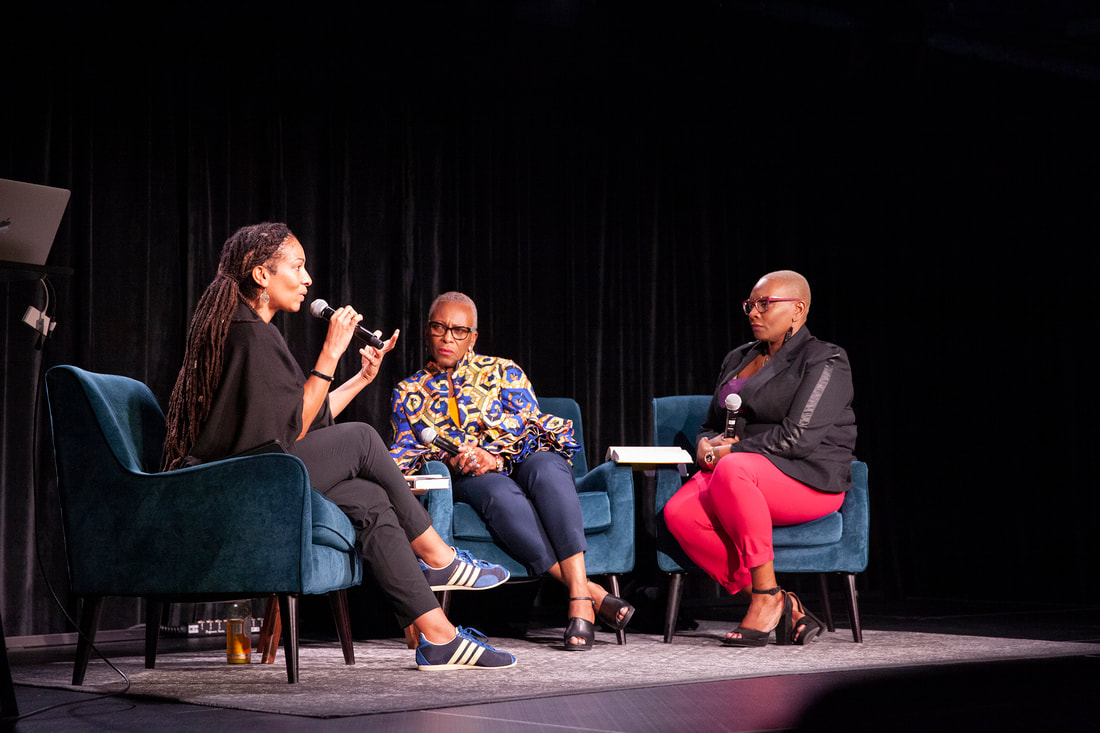
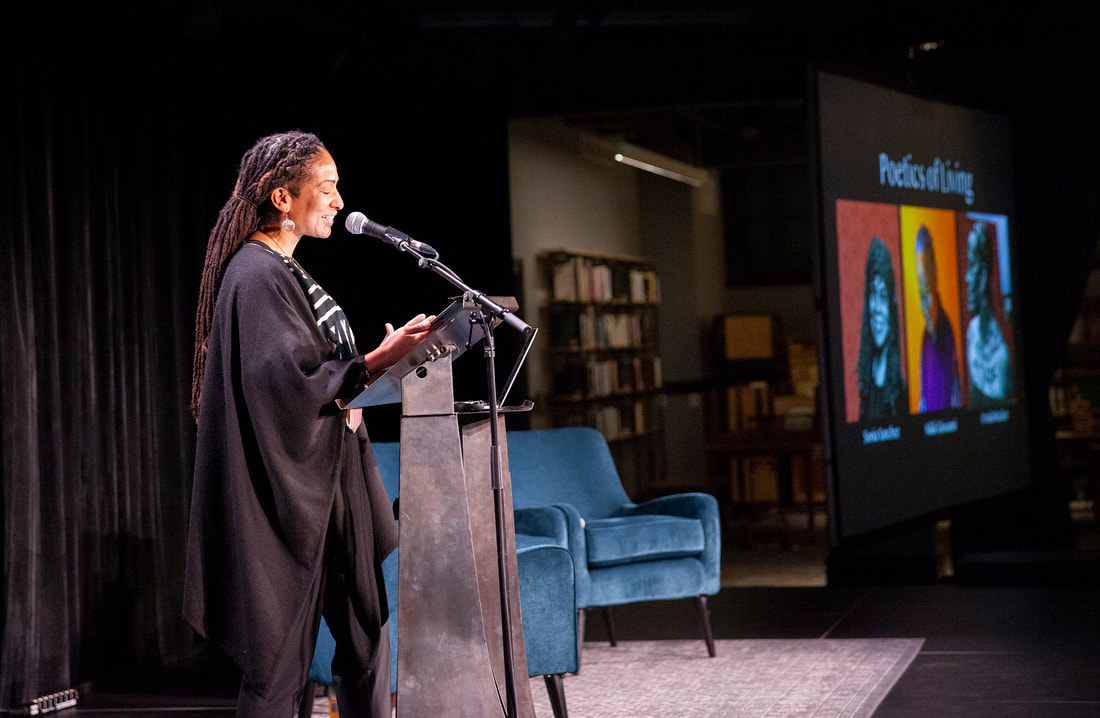
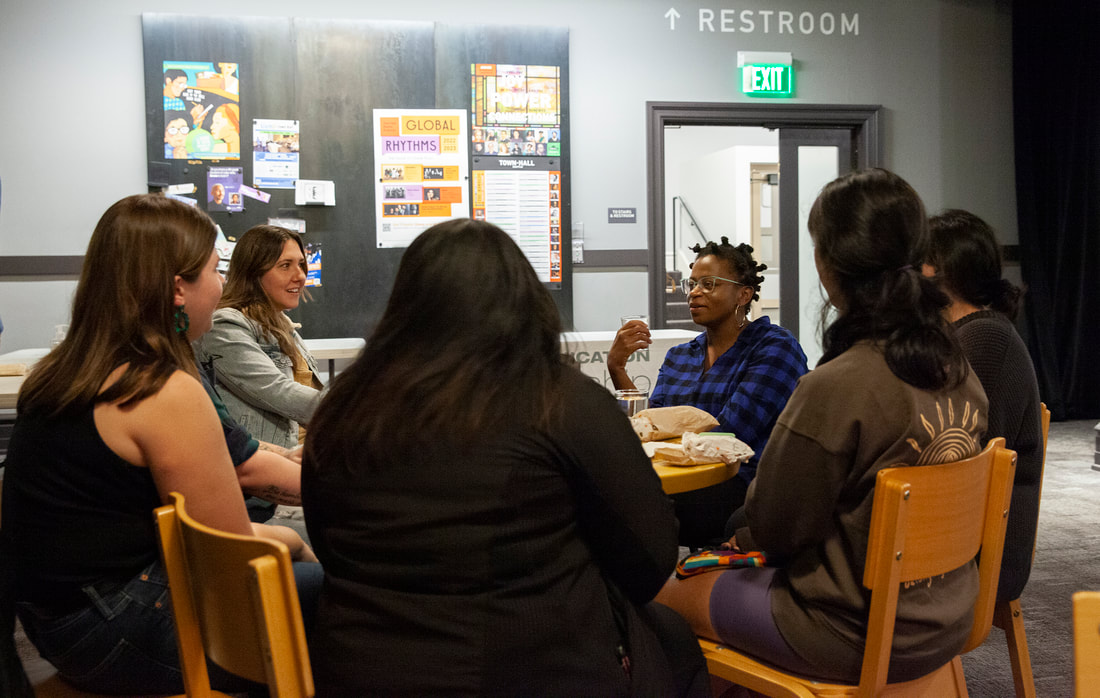
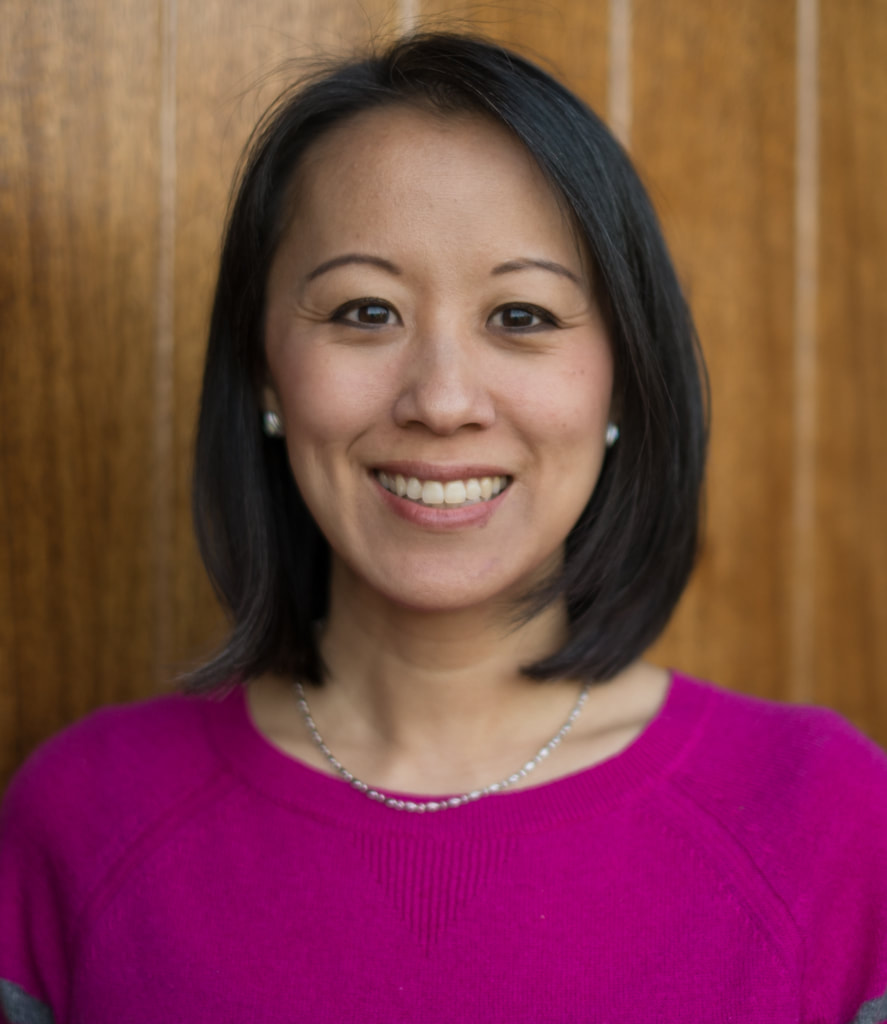
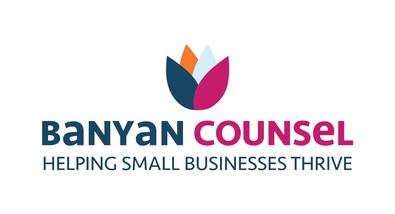
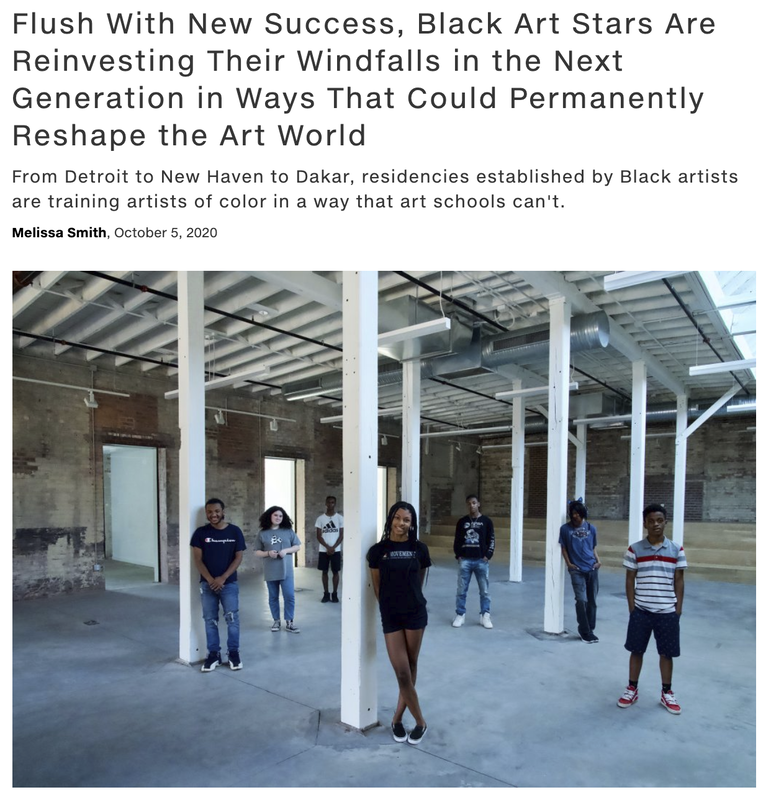
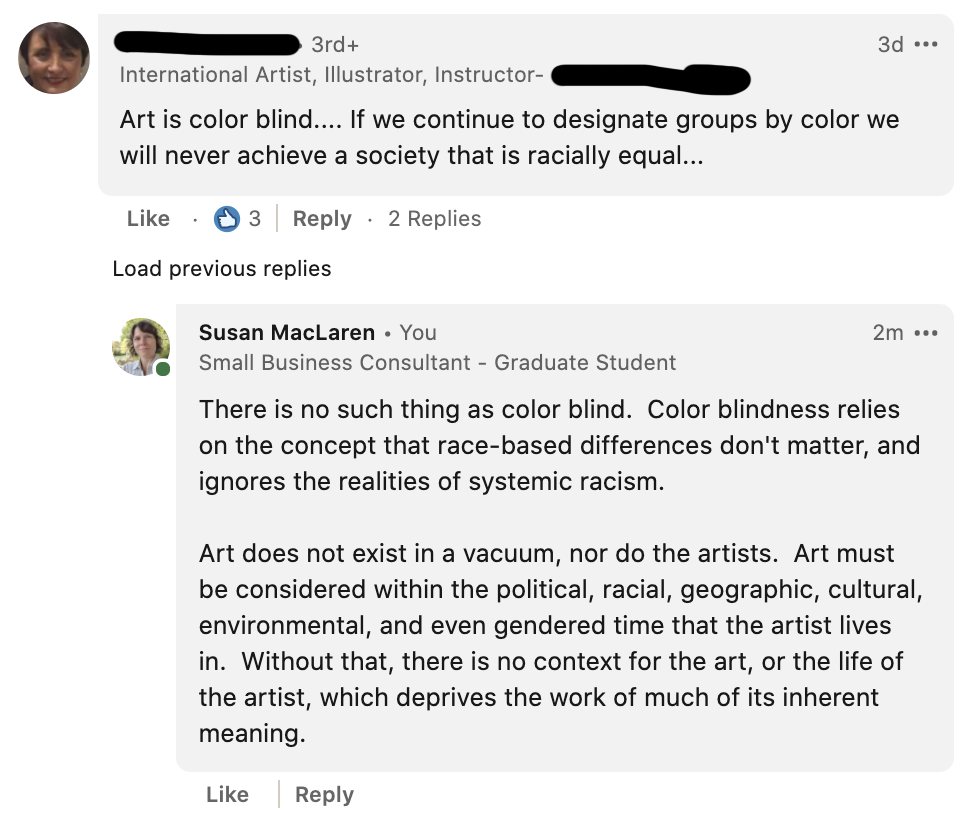
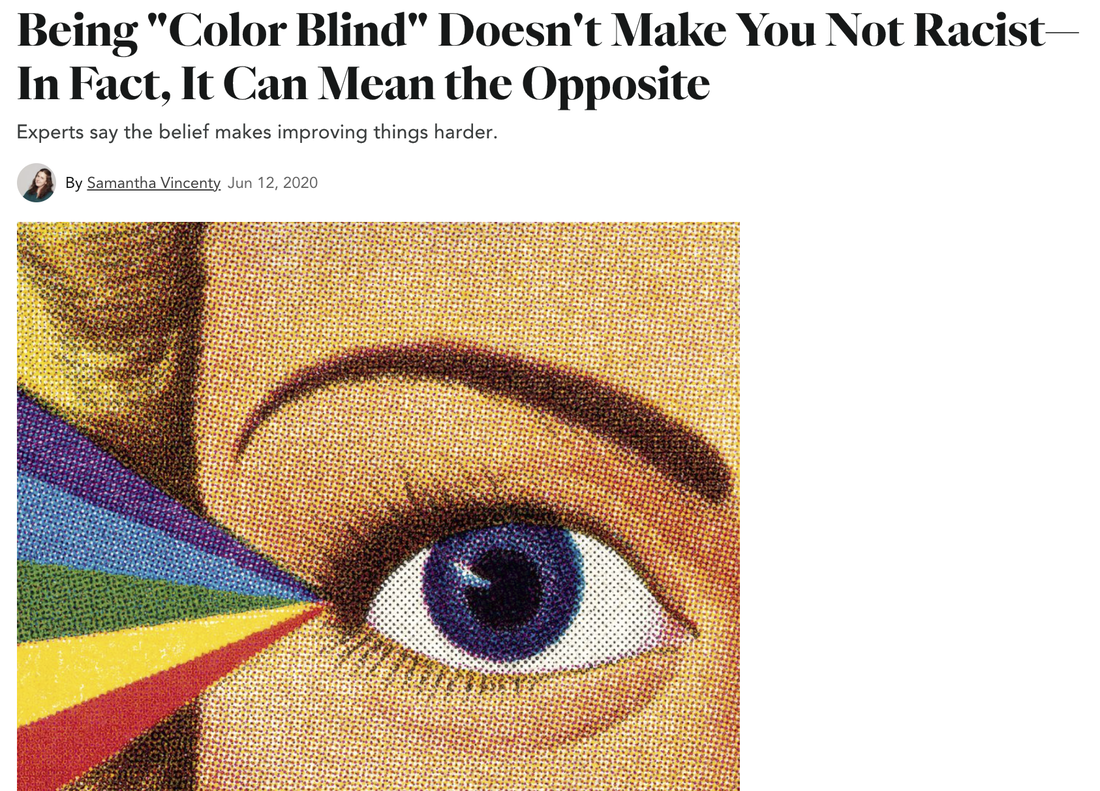
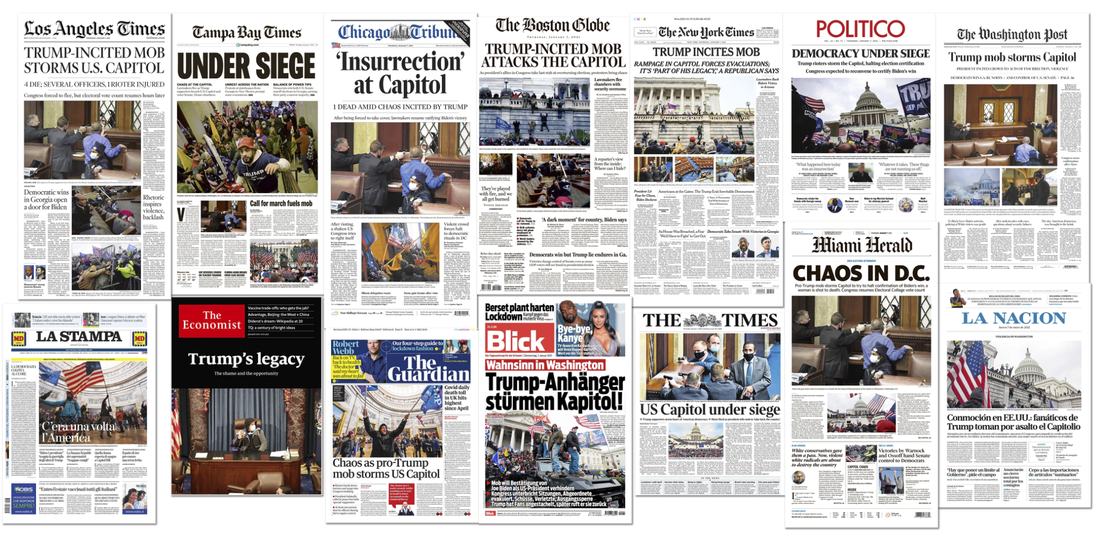
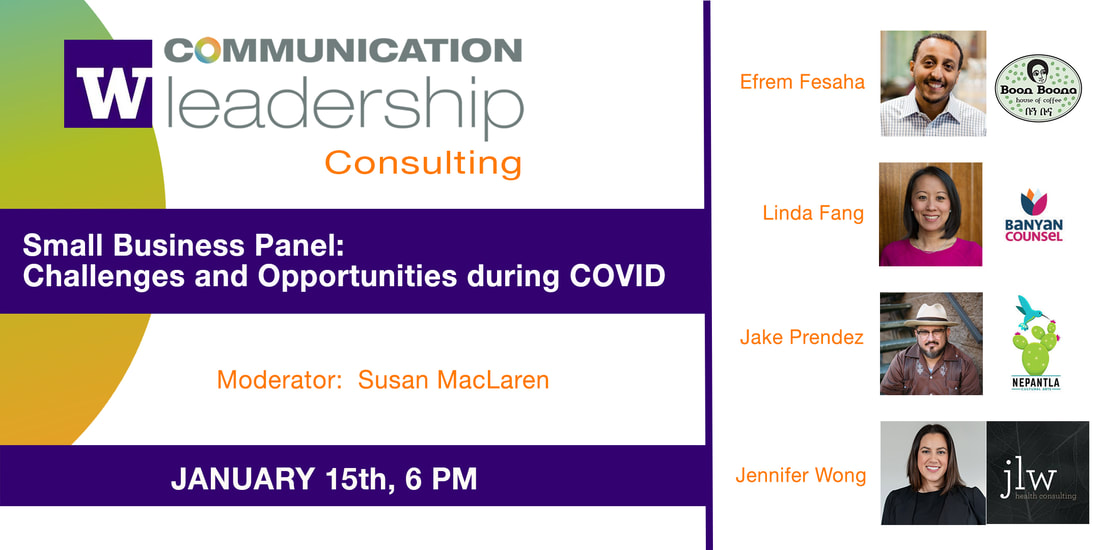
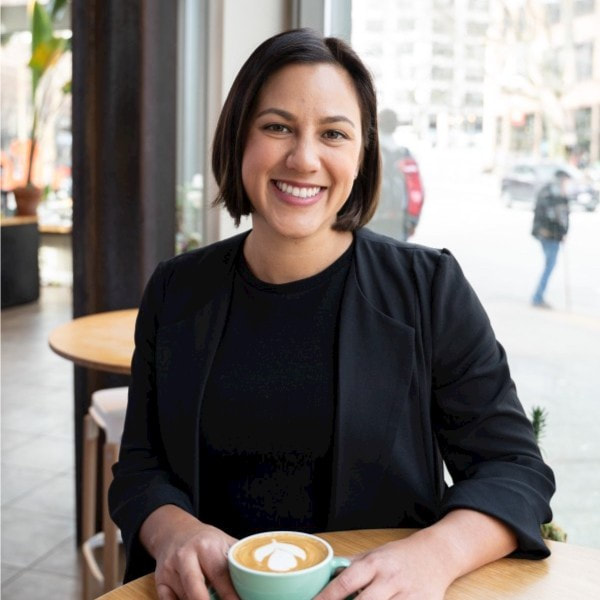
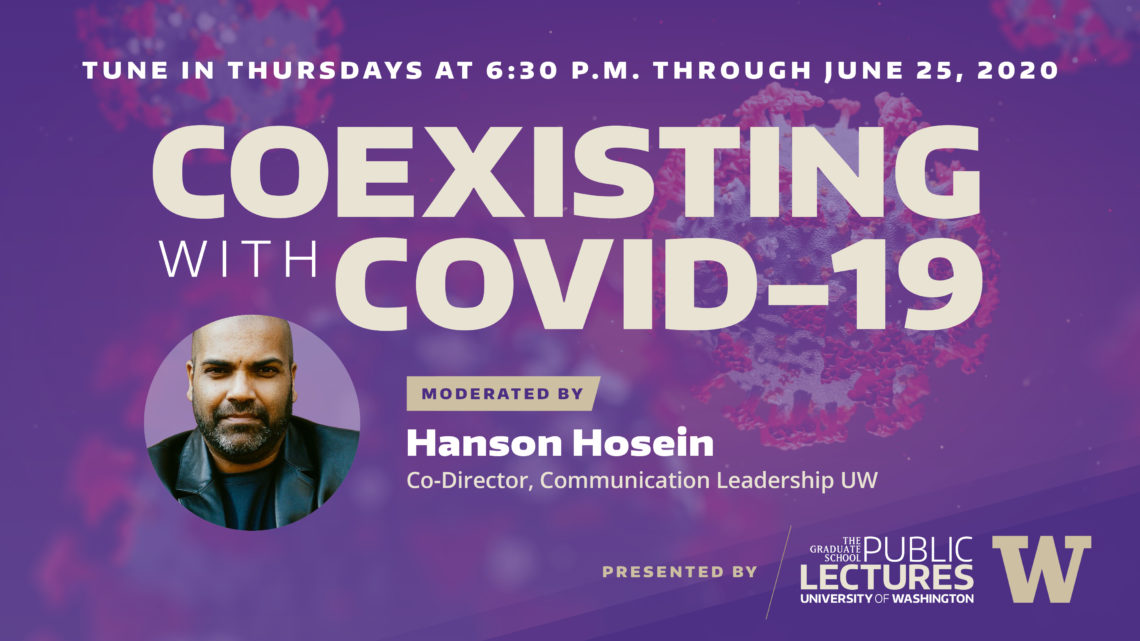
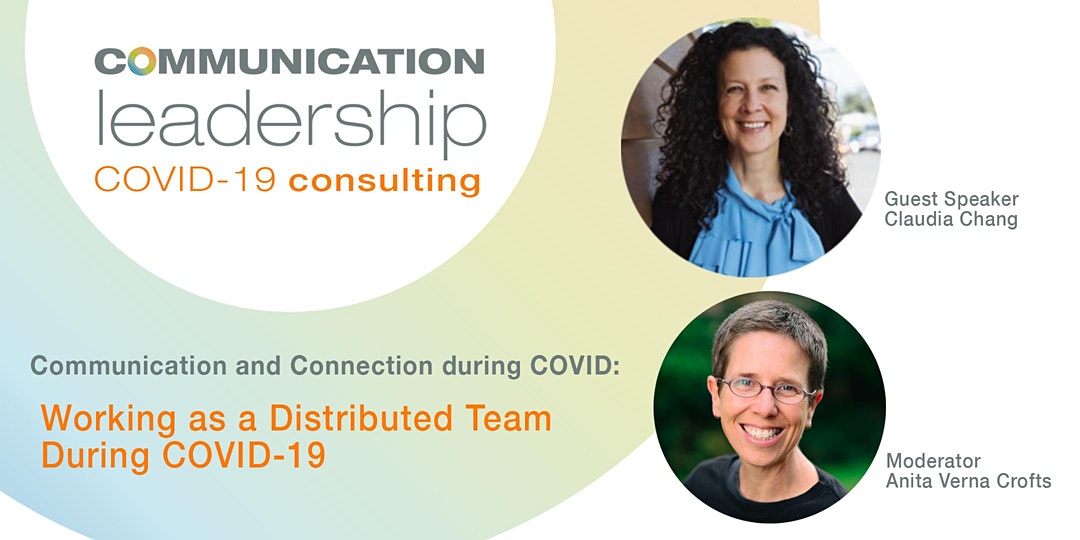
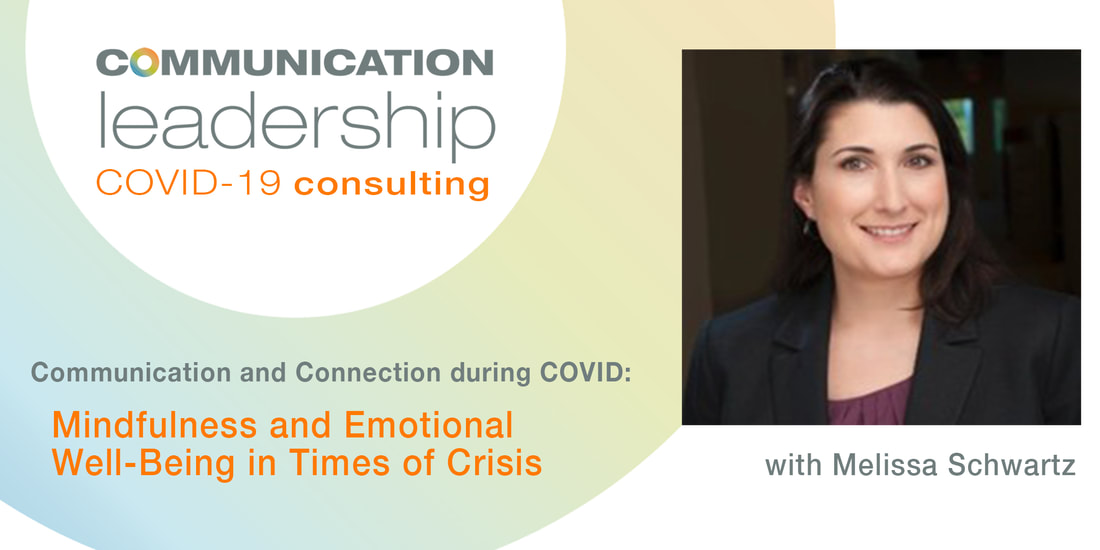
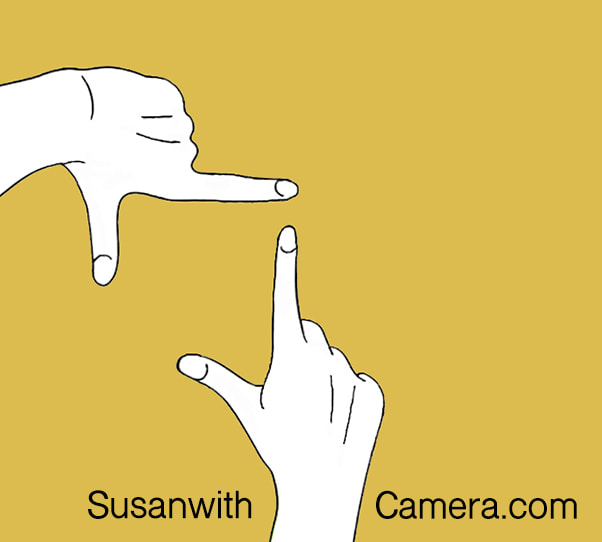
 RSS Feed
RSS Feed